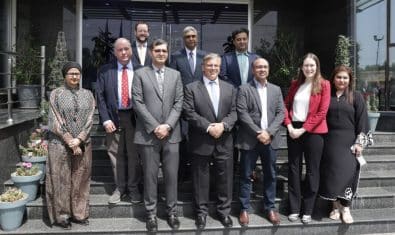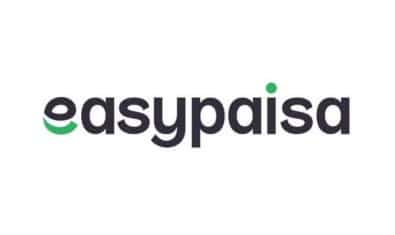The Wireless & Internet Service Providers Association of Pakistan (WISPAP) has expressed serious concerns over the proposed revision of licensing template for Data Class Value Added Services (CVAS) by Pakistan Telecommunication Authority (PTA), while saying it may result in monopolistic practices.
PTA plans to revise licensing template for CVAS envisaging to address the disparities and simplified entry level license for provision of internet services in the country and increase broadband proliferation.
The Authority stated that over the span of two decades, significant changes have unfolded in the market dynamics and technological landscape, reshaping the environment profoundly. These advancements have rendered the existing scope of Data CVAS License not to be corresponding to the evolved technological shifts. Therefore, a revision in the Data CVAS License for provision of Internet services in the country is imminent.
However, WISPAP in response to PTA, has stated that they thoroughly reviewed the consultation paper regarding the proposed changes to the CVAS licensing.
It stated, “We understand the objectives outlined in the consultation paper, particularly the aim to address disparities in the current licensing framework and promote broadband proliferation in the country, however, we have some concerns and suggestions regarding the proposed changes”.
The Association stated that they are concerned that the proposed changes may not effectively serve the intended purpose of promoting internet proliferation, especially in deprived areas of Pakistan. Instead, it appears that the changes may primarily benefit existing Cable TV Operators who have already obtained licenses from PEMRA. This could perpetuate the stagnation in the industry due to the monopoly and ill-practices held by certain cable operators and regulatory challenges.
Further the requirement for CVAS operators to enter agreements with local loop operators for infrastructure access creates a risk of monopolistic practices and undue pressure from these operators on CVAS operators. This can hinder the operation and development of networks properly. “We recommend reassessing this requirement to ensure fair competition and encourage independent infrastructure development by CVAS operators”, WISPAP added.
The Association further stated that all CVAS operators should have the autonomy to deploy their own fiber optic networks without being dependent on agreements with Local Loop Operators or Cable TV Network Operators. This will encourage innovation, competition, and investment in network infrastructure, ultimately benefiting consumers and driving broadband adoption.
WISPAP recommended that Cable TV Operators should be barred from providing internet services to prevent anti-competitive behavior, ill practices and foster a level playing field for both new entrants and existing internet service providers. Allowing Cable TV Operators to offer internet services could hinder market development and job creation. The current ill-practices employed by cable operators, such as the division of areas, and resorting to violence, including the use of goons, fighting, and intimidation tactics to secure customer connections, are deeply troubling. Such behavior not only poses serious safety risks but also undermines the integrity of the industry. The proposed changes should include measures to address and eradicate these illegal and unethical practices, it added.
The Association proposed that the area of operations for licensees should be defined by government divisions (provincial divisions), such as Rawalpindi Division or Lahore Division, with an additional radius of 20 kilometers from division boundaries. This approach will ensure that businesses have a sufficiently large market to operate efficiently and effectively.
“While we agree with the proposed annual license fee of Rs. 100,000, we believe that the proposed increase of 10 percent annually is excessive. We recommend limiting the annual increase to no more than 5 percent to mitigate financial burdens on licensees. Additionally, we suggest removing complimentary audit reports and user record updating (indicators) requirements to streamline administrative processes”, proposed the Association and further recommended that there should be no restrictions on the medium used to provide internet services to customers. Licensees should have the option to deploy either wireless/wired or both (fiber optics or Cat 6) networks based on their business requirements and market conditions.























Can Someone Explain in plain English what are the proposed reforms Exactly?
How does it Help Prolifirate Broadband Internet? Only after understanding about the Proposed reforms can we the readers understand whether it will turn into Monoply or Not. and what is CVAS?